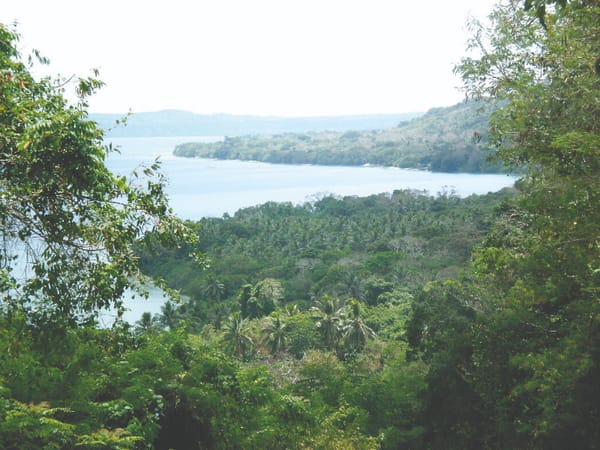Connect with Conservation – LEGO goes green
The toy company is pivoting to eco-friendly manufacturing, as the dangers of plastic waste become clear.

It may be a surprise – for those who remember treading on rogue LEGO pieces in the dark – to hear the company is going green by producing plant-based plastics! Known as LEGO Botanical Elements, they will start to enter playsets later on this year, with the first pieces to be replaced including trees, bushes, and leaves. The plastic itself is sourced from sugar cane – while it may still have some ethical and ecological issues, it is far more responsible compared to crude oil. Thanks to the powers of modern science, the plant-based plastic pieces are technically identical to those produced using conventional plastic producing methods.
Let us take a few moments to appreciate what this change means. Due to the time it takes for plastics to break down, they are often seen in the environment long after being dumped by people. Globally, very little plastic is recycled due to the material’s properties – with its durability and temperature resistance, plastic is notoriously hard to recycle, and it so often breaks down in the environment where it is dropped. This is, of course, unless it enters the ocean via a river, or by direct action of humans. Here the plastics break down under UV light and transform into microplastics. These microplastics are then consumed by plankton which in turn are consumed by fish that can be caught and eaten by humans. This means plastic and its toxins are able to enter our food chain and therefore potentially poison us. By working to remove the amount of oil-based plastics entering the food chain, we can help to prevent such occurrence.
To make this step forward, the LEGO Group partnered with the World Wide Fund for Nature (WWF) to support and build the demand for sustainably-sourced plastic. As part of this, Lego joined the Bioplastic Feedstock Alliance (BFA) to aid in securing fully sustainable sourcing of raw material for the bioplastics industry. LEGO is not the first company to make such a move in order to help appeal to consumers who are trying to reduce their impact on the planet. When LEGO first hit the market in 1949, the dangers of plastic entering ecosystems and climate change would not be discussed or pondered for decades to come. Both companies and consumers are becoming more environmentally conscious, which is consequently helping to drive such a change in one of the world’s largest toy brands.









